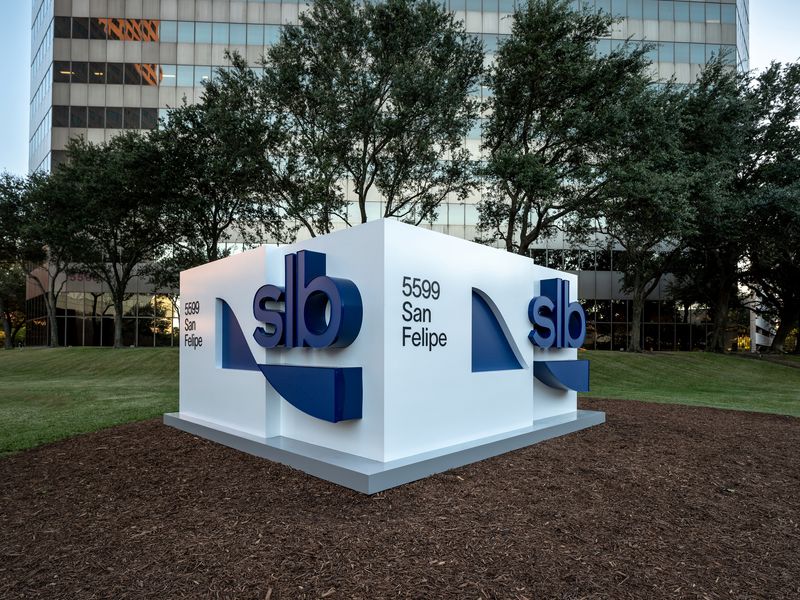Oilfield services firms SLB, Halliburton post profit gains on international demand
2024.07.19 08:10
HOUSTON (Reuters) -Top oilfield service firms SLB and Halliburton (NYSE:) posted higher quarterly profits on Friday, helped by demand from international customers for their drilling equipment and services.
Offshore exploration and production as well as drilling in international markets, especially in the Middle East and Asia where producers are looking to secure new inventories, have boosted demand for oilfield services such as well completions.
SLB, formerly Schlumberger (NYSE:), said net income, excluding credits and charges rose 19% to $1.2 billion, or 85 cents, in the three months to June 30. That compared with a Wall Street consensus estimate of 83 cents, according to LSEG data.
Halliburton’s profits, meanwhile, rose 16.2% to $709 million, or 80 cents per share, in line with estimates.
SLB’s revenues climbed 13% to $9.1 billion, beating estimates, while Halliburton’s rose 0.6% to $5.83 billion, missing consensus views.
SLB shares were up 2%, while Halliburton shares were down 2.2% in early trading.
Revenue gains were helped by activity in the Middle East & Asia, particularly in gas development projects, and increased investments in deepwater basins across Latin America, Europe & Africa, and in the U.S. Gulf of Mexico, SLB CEO Olivier Le Peuch noted.
“Looking ahead to the second half of the year, we expect ongoing momentum in the international markets, strong digital sales, and our cost efficiency programs will enable us to expand margins and deliver our ambition to grow full-year adjusted EBITDA in the mid-teens,” Le Peuch said in a statement.
SLB’s quarterly revenue from its international segment rose 18%, from a year earlier, while Halliburton’s international revenue grew about 8%.

Meanwhile, SLB reported a 6% drop in North America revenue, largely due to lower drilling onshore United States. Halliburton’s North America revenue eased 8%, due to lower pressure pumping activity in the United States.
North American producers have kept a tight lid on spending and production since the downturn in commodity prices in 2020, hurting services and equipment providers like SLB.








